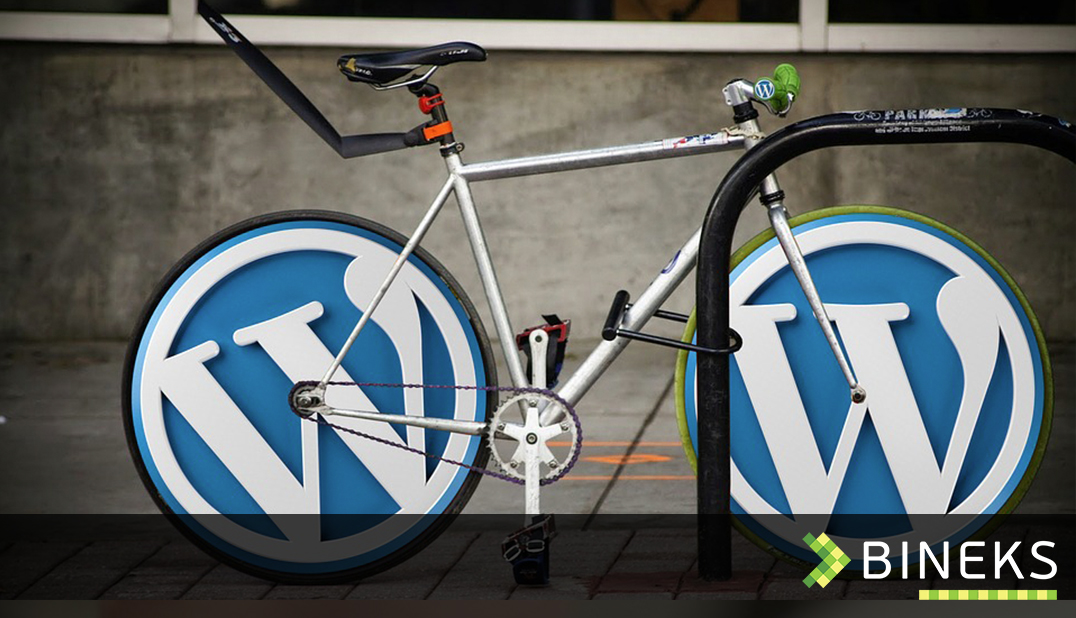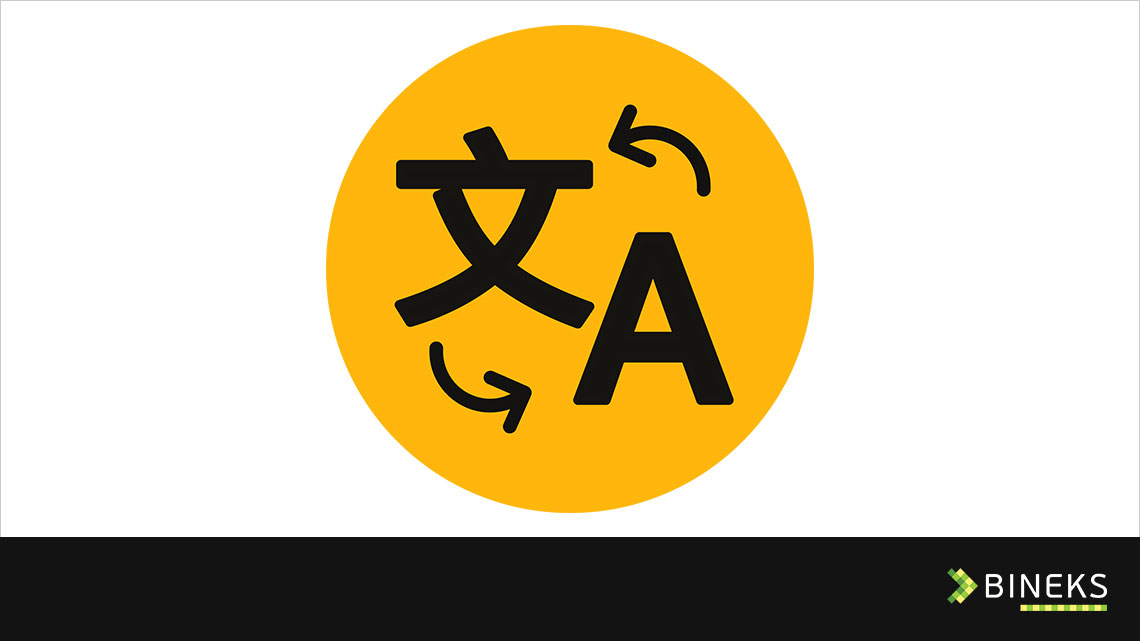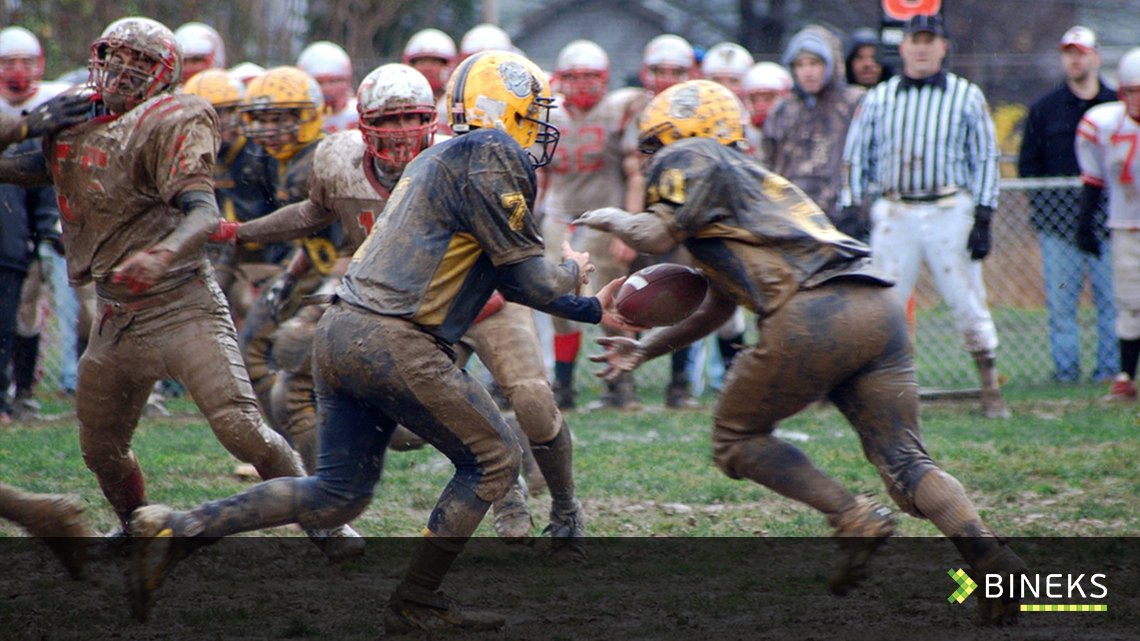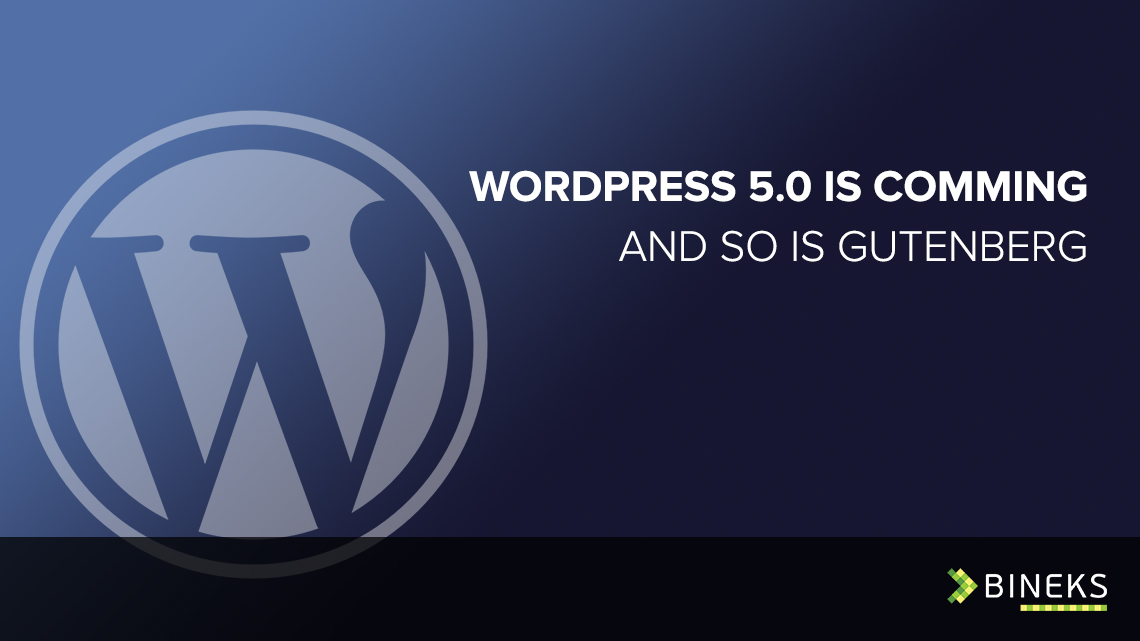Want to outrun your competitors? Struggling with your website’s loading speed? Check the following list to see if you have done everything to speed up your website!
Hosting
Certainly, you (or your customers) often try to choose a cheaper option when it comes to a monthly payments and the market of hosting providers is huge. But hosting is very important and sometimes changing to a quality hosting provider or hosting plans could give your website a 20-30% speed boost.
Quality hosters optimize their systems and try to include additional functionalities and services to make sure your website’s performance will be optimal. It is important to pay attention to all hosting details – sometimes different hosting plans/servers could be described alike in general, but use different kind of SSD memory and the difference in the callback speed can differ up to 2x.
We recommend if possible (budgetwise) to use allocated servers, so that you could be sure that other websites don’t ‘eat’ all resources that your website could be using. Setting up project on the allocated server can take more time initially, but is winning in the long run. It’s also worthy mentioning that using hosting administration panels like cPanel could be convenient for a non-tech user, however, it can limit abilities for a professional system administrator to make proper tuning and this also could lead to losing loading speed of your website.
However, if you have a simple one-page landing or a simple blog with less than 100 readers then shared hosting could be a good option too. Here at Bineks, coming from our experience, we found 3 hosting providers that we recommend: Hetzner (Europe), Digital Ocean (worldwide), AWS (worldwide) as well-managed, reliable, flexible for settings, etc.
Quality theme
One of the killer features of WordPress is a variety of ready-made front-end options a.k.a. themes. The process of choosing a theme should be thorough and it’s important to remember that eye-catching design is not the only characteristic that matters. Some themes are heavy and slow, others are lightweight and fast.
Many of the themes are overloaded and have plenty of features you’ll never use that will just slow down your website. Paying attention to the feedbacks on the theme and advising with experienced developer are two easy things that can help you to choose a quality fast theme. Please note, that it’s always much more efficient to pick a good theme rather than optimize it afterwards by basically rewriting the theme.
Caching plugin
Caching is a means that can give your WordPress site a 2x (or even more!) speed boost!
There are many cache plugins available on the market, however, we recommend using WP Super Cache (free) plugin or WP Rocket (paid) plugins. They are proven and well supported and they do work. It’s quite easy to set up such a plugin, your users will feel the difference at once.
Please note – when installing the Super Cache plugin, it is not enough to just install the plugin, there are additional settings that should be made in the .htaccess or NGINX configurations
Opcache
This is a caching tool for server. OPcache increase speed of PHP performance by storing precompiled scripts code in memory and allows PHP not to load and parse the scripts on each request. OPCache works with PHP 5.5.0 and later.
Tuning OPcache and adjusting settings will decrease CPU usage on the server, and increase memory usage. If OPcache is set up properly, it will speed up your website.
The most speed winning practice is setting up OPcache the way that it is not automatically updated from the source file, except for manually updating when deploying.
Optimized Images and JavaScript
If images aren’t optimized, then they will hurt your website’s performance badly. This is why one of the best practices when working with WordPress is to optimize any image you upload to the website.
You can use any editing software or online services that you feel comfortable with, some of them even have a special option named ‘Save for web’ to automatically optimize images that you want to use for a website. Image format also matters – png, jpg and svg could be good options to use for a WordPress site. For developers we recommend using OptiPNG and jpegoptim as tools for optimizing the images in the best manner for WordPress.
Another useful tool to optimize front-end is Autoptimize plugin. It can aggregate and minify scripts and styles, Google Fonts, non-aggregated JavaScript and more.
Optimized database
Another important reason for low website speed is a clogged database. Normally this happens because of storing of unused data from uninstalled plugins, post revisions and deleted users, groups, etc.
We recommend using WP-Optimize plugin, which has many options is quite easy to use. However, we don’t recommend to keep it running constantly on the website, but rather running it at least once per 3-6 months on your website.
Header expiry time
Adding expiring header to static resources is a way to set up a time in the future so that the visitors browsers won’t pull repeatedly any static content such as styles, javascript, images and other. This is one of the basic speed recommendations by Google and can notable optimize loading speed for your regular visitors.
Compressing
This is something like making zip archives on a computer but on a website. Compressing helps the best with is very much repetitive. Compression make repetitive data and code smaller and consequently faster to load.
Many hosting providers offer Gzip compressing option on a server-side so it’s worth asking host for it first. If gzip is not available on hosting you can use caching plugins for that or add special code to the .htaccess file.
External CDN
Content Delivery Network (CDN), can perceptibly speed up loading time of your website. A CDN is kind of a network of servers that store “static” files that your website uses. Probably, the most popular CDN and the one that we normally offer to our customers is CloudFlare. It has a good free option that is suitable for the majority of WordPress websites.
Limited external requests
Many services integrated into websites add scripts, CSSs, and images from external resources. Google, Facebook, ads services, tracking tools, etc. Certainly, these services could be very useful and important for business analytics, however if your website make many requests of this kind it slow down your website and impact your website’s Google Speed range. Try to keep a number of these requests as limited as you can.
The most effective method!
Hire us! And we will make sure to optimize your website with all these means and offer you additional options suitable specifically for your website! 😉
By: Bineks CTO Analoliy Gerasimov & Bineks CEO Maxim Brynza






